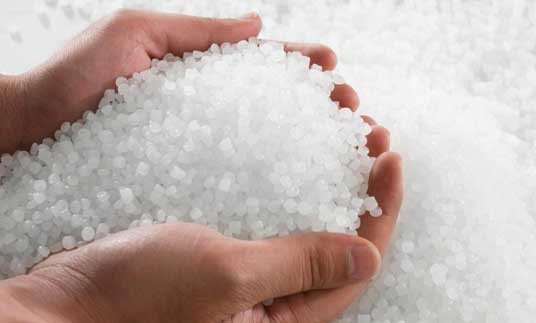Chinese producers continued lifting export PP offers despite weakness in the local market
In just two trading days, Sinopec and CNPC managed to deplete 70,000 tons or 8.5% of their combined PP and PE stocks, highlighting the steady replenishment activities at home.

With the steep fall in crude oil prices and the bear run on the Dalian Commodity Exchange, overseas buyers were looking forward to softer PP export offers from key Chinese suppliers. On the contrary to these expectations, several Chinese makers decided to lift export homo-PP offers by $5 – 10/ton, citing stable local demand and low sales pressure.
The latest price range and changes week-on-week are as follows:
|
Grade |
+/- |
Price (USD/ton) |
+/- |
Terms |
|
Combined and reported by CommoPlast |
||||
|
PPH Yarn |
+$5 |
$965 – 985 |
+$5 |
FOB China |
|
PPH Inj |
+$5 |
$970 – 995 |
+$10 |
FOB China |
|
BOPP |
+$15 |
$990 |
+$5 |
FOB China |
|
PPBC |
-$5 |
$1000 – 1010 |
Stable |
FOB China |
In spite of the drastic fall in crude oil prices, spot homo-PP offers in the local Chinese market remained largely stable. In just two trading days, Sinopec and CNPC managed to deplete 70,000 tons or 8.5% of their combined PP and PE stocks, highlighting the steady replenishment activities at home.
A source from a PDH-based PP producer stated, “We are open to negotiations with serious customers; however, the strong Yuan and firming upstream propane costs limit our ability to offer significant discounts.” The producer also noted steady sales in the local market over the past week, alleviating any immediate inventory concerns.
Looking at the upstream market, Saudi Aramco lifted the September contract propane price to Asia by $15/ton to $605/ton FOB Ras Tanura. Market insiders expect propane costs to remain elevated for the remainder of the year due to stronger winter demand for heating. This development poses additional challenges for downstream propane dehydrogenation (PDH) operators, who now face rising input costs.
Written by: Kat Yun Yun
Edited by: Rochelle Nguyen
